Books
Indigenous knowledge forms are just as scientific
Roshan Gurung, a writer and researcher, discusses the importance of documenting Gurung culture to preserve its authenticity.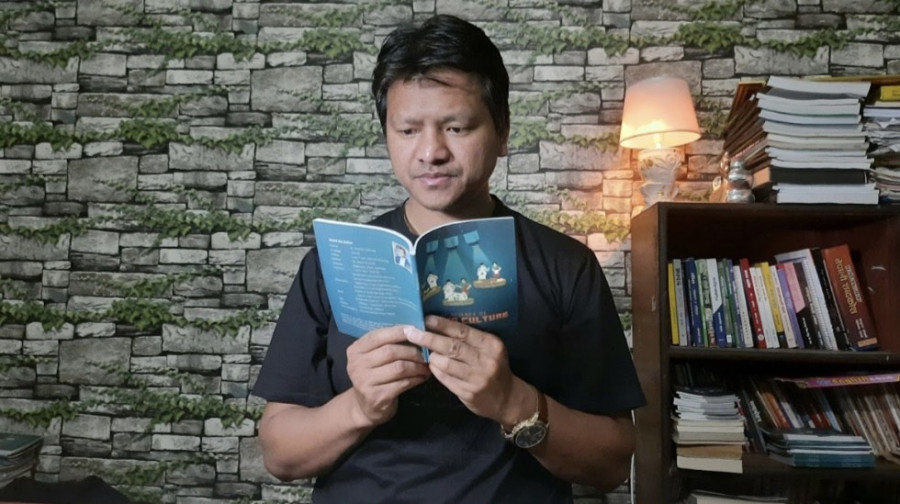
Apecksha Gurung
Roshan Gurung has been conducting independent research on Gurung culture for the past decade. He plans to create films and literary works to shed light on Gurung practices and raise awareness about the importance of preserving these customs for future generations.
Gurung has written several works exploring his cultural heritage. One such book, ‘Gurung Sanskarko Baigyanik Chirfar,’ published six years ago, is an analytical book that sheds light on various cultural practices of the community, drawing upon scientific insights to provide a deeper understanding. His latest book, ‘The Science of Gurung Culture,’ was released a year ago and is an anthropological analysis of the Gurung culture. In this interview with the Post’s Apecksha Gurung, he discusses why he writes about his culture.
What is a book that had a lasting impact on you?
One novel that has profoundly impacted me is ‘The Mother’ by Maxim Gorky. I have read this novel numerous times and find myself feeling fulfilled every time I read it. Gorky’s talent for storytelling and his masterful use of vivid language has left an indelible impression on me. This novel transports me to a fictional realm where I can fully immerse myself in the characters’ lives. Gorky’s influence has led me to suspend my fiction writing and focus on delving deeply into his techniques for crafting engaging narratives.
What are you reading nowadays?
I read books based on the mood I’m in. Right now, I am reading ‘Imagined Communities’ by Benedict Anderson, ‘The Structural Study of Myth’ by Claude Lévi-Strauss, and ‘Magick, Shamanism and Taoism’ by Richard Herne. Both are proving to be interesting reads.
What are the most difficult and enjoyable aspects of writing a book?
Crafting a book can be challenging as well as rewarding. On the one hand, creating a compelling narrative requires extensive research and a deep understanding of a believable and engaging world, which can be difficult. However, this process also fosters a creative space for imagination and innovation, which is an enjoyable aspect of writing.
On the other hand, conveying the message effectively demands meticulous attention to detail, careful word selection, and a thorough understanding of the target audience, which can be challenging. But accomplishing this task can provide a sense of personal growth and fulfilment as an author.
How do you choose the topics you write about?
My approach to selecting topics involves thoroughly examining the society I live in. Specifically, I seek to identify any latent issues or problems affecting my community in ways that are not immediately apparent. By analysing the trajectory of society, I am able to determine whether it is necessary to deliberately accelerate or redirect its course in a conscious manner. Ultimately, this process informs my choice of topics and enables me to write with purpose and relevance.
What inspires you to write about Gurung culture?
Culture is a crucial element that shapes society's beliefs, values, and conduct. It offers a lens for comprehending our surroundings and allows us to interact and communicate with others. My ways of thinking, acting, and interpreting are influenced by my culture.
Unfortunately, with time, the Gurung culture is gradually fading away. As an individual, I acknowledge my responsibility to preserve it. That is why I have taken the initiative to author books based on my culture. Doing so, I aspire to safeguard and promote our heritage and encourage others to do the same.
You talk about the scientific elements in cultural practices in your work. However, the prevalent belief is that traditional cultures lack a scientific basis. What are your thoughts on this?
Through my exploration of quantum science, I have come to recognise the presence of scientific elements within my culture that were previously hidden. Although this assertion may appear unconventional and potentially contentious, it is undeniably accurate. Attempting to comprehend traditional cultures through the lens of classical (Newtonian) science can lead to misinterpretations and unwarranted criticism. Instead, delving into quantum science is necessary for a more comprehensive understanding of these cultures. As a transformative force in the modern world, quantum science offers insights that reveal the scientific underpinnings of traditional cultures when studied at a quantum level.
Young individuals from the Gurung community are familiar with international folklore but unaware of folk tales from their culture. What is the cause of this?
I believe that there are two underlying causes for this. Firstly, in the past, the state took a destructive approach towards Gurung culture and failed to recognise its significance. As a result, our cultural identity was ignored and marginalised. Secondly, in the present, globalisation and modernisation have affected all regions of the world, and Western culture has become a dominant influence. These two causes intersect and impact the mindset of Gurung youth, contributing to their lack of awareness and understanding of their cultural heritage.
What do you think of the Nepali literature scene—especially the literature produced by Gurung individuals?
Nepali literature has traditionally been grounded in Hindu philosophy, which has been the dominant cultural force in the country. However, given the rich diversity of Nepali society, Nepali literature needs to explore a broader range of perspectives and themes.
Unfortunately, the state’s historical support for Hindu philosophy has marginalised the cultural expressions of other communities, rendering them virtually invisible in the literary landscape. This trend has also affected Gurung literature, which tends to be unconsciously influenced by Hindu philosophy. However, Gurung literature cannot be adequately represented in this manner.
Instead, Gurung writers must strive to express the unique cultural heritage of their community through their work. This approach will allow our literature to take its rightful place within the larger Nepali literary tradition and contribute to the diversity of voices that enrich the country’s cultural landscape.
Roshan Gurung’s book recommendations
Indigenous and Cultural Psychology
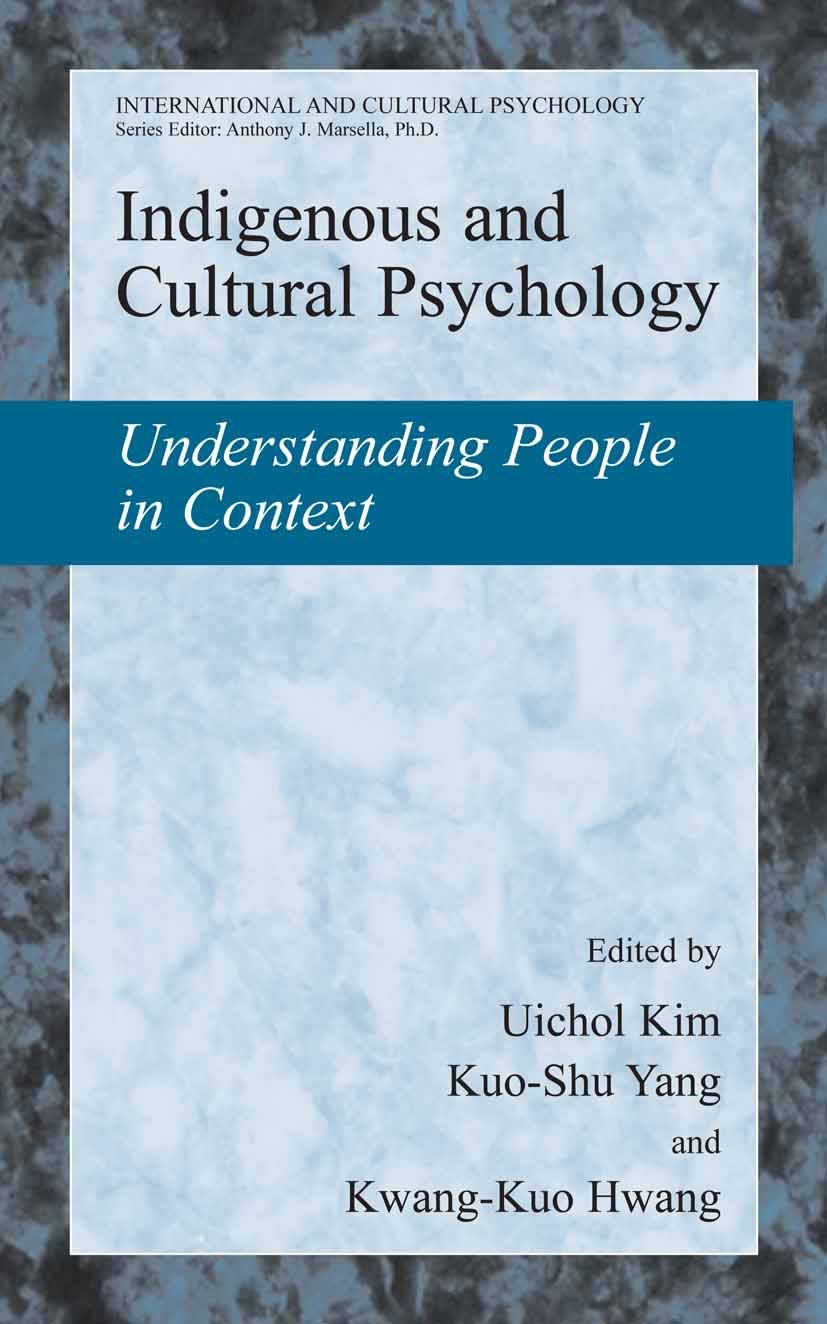
Editors: Uichol Kim, Kuo-Shu Yang, Kwang-Kuo Hwang
Year: 2006
Publisher: Springer
Bhagyabad Ra Bikash
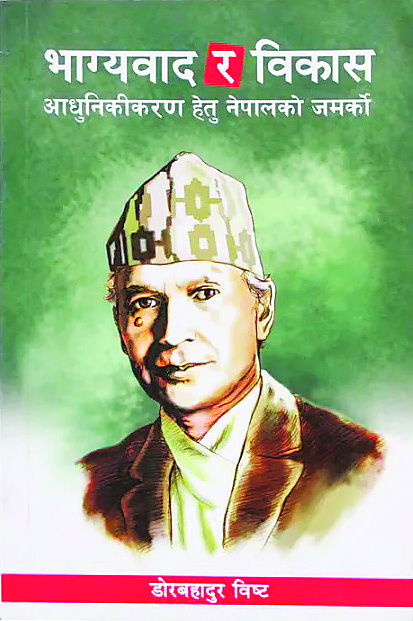
Author: Dor Bahadur Bista
Year: 2020
Publisher: Dor Bahadur Bista Family
Ideas and Opinions
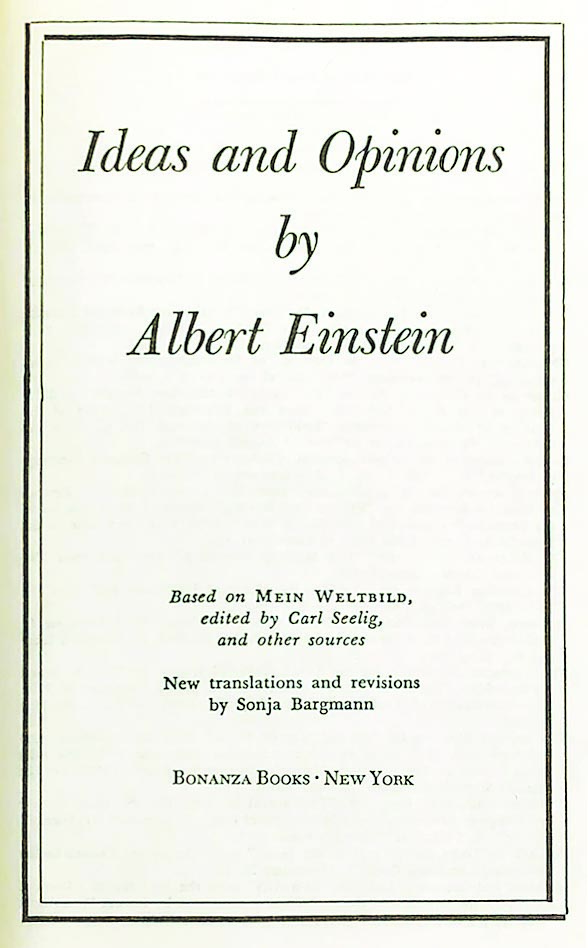
Author: Albert Einstein
Year: 1954
Publisher: Bonanza Books
Language and Symbolic Power
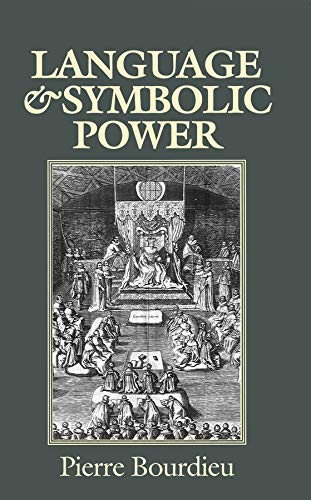
Author: Pierre Bourdieu
Year: 1993
Publisher: Harvard University Press
Quantum Creativity
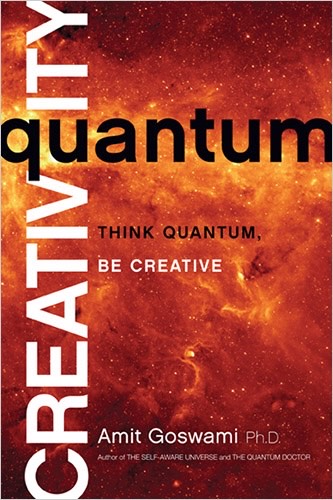
Author: Amit Goswami
Year: 2014
Publisher: Hay House Inc
The Power of Now
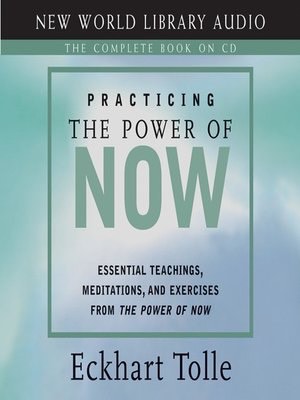
Author: Eckhart Tolle
Year: 2004
Publisher: New World Library




 9.93°C Kathmandu
9.93°C Kathmandu










